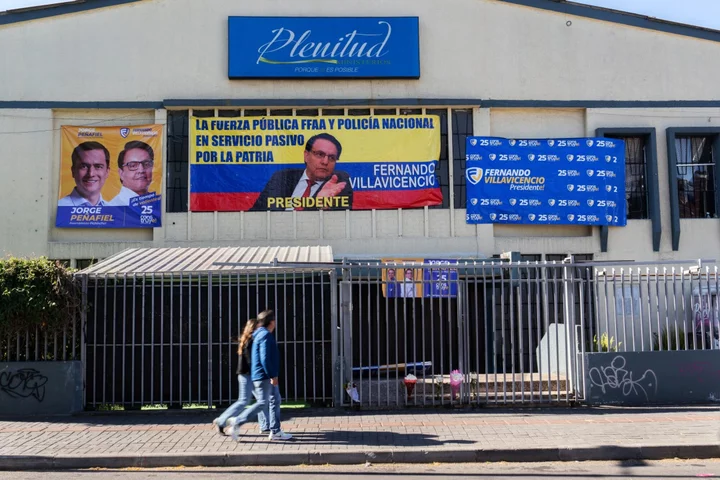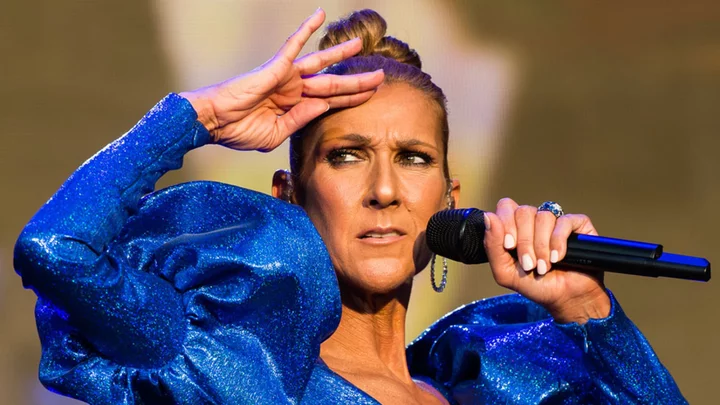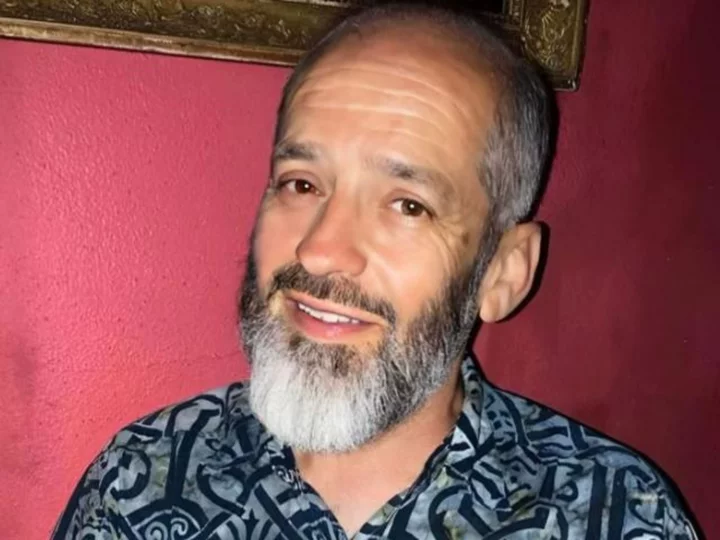Ecuador, still grieving from the assassination of presidential candidate Fernando Villavicencio, is a week away from an election that investors are betting will result in a dose of stability in the Andean nation.
In the wake of the tragedy, Ecuador’s global bonds closed out their best week in a month, offering evidence that some on Wall Street expect the nation’s next leader to address a surge in crime and steady the economy.
“After elections, they will continue to follow policies that will be more constructive than what the market has currently priced into the bonds,” said Shamaila Khan, head of emerging markets and Asia Pacific at UBS Asset Management Americas Inc. “That policy backdrop, regardless of who gets elected, will be more orthodox than what the market is expecting.”
The country owes $15.5 billion in sovereign bonds, according to the Finance Ministry. Its notes due in 2035 climbed as much as 3 cents in the past week, though the debt remains deep in distress at about 37 cents on the dollar, according to indicative price data compiled by Bloomberg.
The rise came as investors saw the death of Villavicencio, an anti-graft crusader, equating to a lower likelihood of the return of Correismo — a leftist, anti-investor political philosophy popularized by former President Rafael Correa. Instead, the odds have swung in favor of more conservative challengers, like Otto Sonnenholzner or Jan Topic, against Correista candidate Luisa Gonzalez.
“Bonds are fairly pricing the risks going into the election,” said Katrina Butt, senior economist at AllianceBernstein. “But, uncertainty is still high.”
The country has been reeling from months of political uncertainty after opponents mounted an impeachment campaign against President Guillermo Lasso, prompting him to close congress and trigger a snap vote. The latest wave of political violence has added an even deeper sense of desperation.
Investor attention is already converging on a likely runoff election, which would take place Oct. 15 as long as none of the candidates have an absolute majority in the August vote — or at least 40% of valid votes with a 10 percentage point lead over the runner-up.
Villavicencio’s name will remain on the August ballot, which had been printed before his assassination. Ecuadorean law prohibits his running mate from taking his place in the campaign, and the Movimiento Construye party hasn’t named a replacement.
Investors have taken that as a potential positive for the bonds, as it may funnel votes toward center-right candidates Sonnenholzner or Topic, who are seen as more likely to honor the country’s debt obligations and work to regain access to international capital markets.
“Conservative candidate chances seem to have increased, and a second round could be more contested than anticipated,” said William Snead, a strategist at BBVA. “Even with the recent rally, I believe Ecuador’s bonds still look attractive and have more upside potential.”
Deep Risk
A risk to debtholders could come if a runoff vote emerges between socialist Gonzalez and Yaku Perez, an environmentalist and indigenous rights leader who is hostile to oil and mining and came fourth in the most recent polls.
“At then end of the day this is Gonzalez’s race to lose,” said Patrick Esteruelas at EMSO Asset Management. “That has been the market’s main concern.”
What’s clear, regardless, is the deep risk inherent in Ecuador’s debt. Investors ask for an extra 19 percentage points of yield to hold Ecuador’s dollar debt, on average, over similar US Treasuries, according to JPMorgan Chase & Co. data.
Credit-default swaps, meantime, imply a 92% chance that the nation defaults over the next five years. Those are concerning odds given that Ecuador restructured its bonds in 2020 and faces no major payments until 2026.
“Ecuador needs to re-establish market access before these 2026 amortization begin,” said Carlos de Sousa, emerging-markets money manager at Vontobel Asset Management AG in Zurich, “or it would otherwise have to restructure its debts once again.”
--With assistance from Stephan Kueffner.









